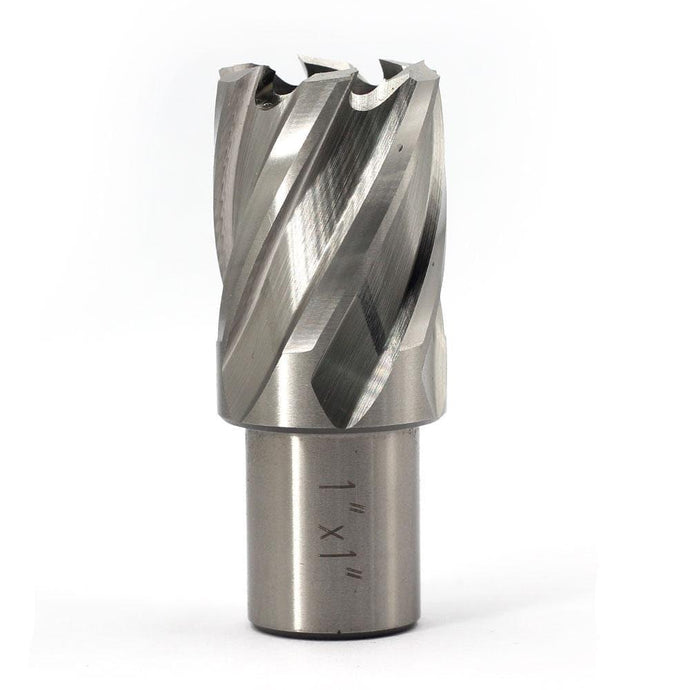When it comes to drilling holes in tough materials, such as metal or stainless steel, selecting the right drill bit is crucial for achieving efficient and precise results. Two popular options in the market are carbide and high-speed steel (HSS) annular drill bits. In this article, we will delve into the debate of carbide versus HSS annular drill bits, exploring their characteristics and determining which one reigns supreme in the realm of drilling.
Carbide Annular Drill Bits
Carbide annular drill bits are renowned for their exceptional hardness and durability. They are composed of tungsten carbide, a compound known for its high resistance to wear and heat. The following advantages make carbide annular drill bits a compelling choice:
- Superior Hardness: Carbide drill bits boast an impressive hardness rating, allowing them to effortlessly penetrate hard materials like stainless steel, cast iron, and hardened alloys. Their hardness ensures extended tool life and minimizes the need for frequent replacements, making them a cost-effective option in the long run.
- Heat Resistance: The composition of carbide drill bits enables them to withstand high temperatures generated during drilling. This heat resistance prevents premature tool failure and ensures consistent performance, even during prolonged use or in demanding applications.
- Efficient Chip Evacuation: Carbide annular drill bits often feature specially engineered flutes or gullets designed to facilitate efficient chip evacuation. This design minimizes the risk of clogging, reducing heat buildup and enhancing drilling efficiency.
HSS Annular Drill Bits
HSS annular drill bits, on the other hand, are made from high-speed steel, a type of tool steel known for its toughness and versatility. While HSS annular drill bits may not match the hardness of carbide, they offer their own set of advantages:
- Flexibility: HSS annular drill bits are more flexible compared to carbide counterparts. This flexibility allows them to better absorb vibrations during drilling, resulting in smoother operation and reduced risk of damage to the workpiece.
- Cost-Effectiveness: HSS annular drill bits are generally more affordable compared to carbide drill bits. This makes them an attractive option for those who require occasional drilling in less demanding materials or applications.
- Resharpening Capability: Unlike carbide drill bits, HSS annular drill bits can be easily resharpened multiple times, extending their overall lifespan. This feature provides added value and cost savings for those who prioritize longevity and budget-consciousness.
Choosing the Right Drill Bit
To determine which type of annular drill bit is better, it is essential to consider the specific drilling requirements and the material being drilled. Here are some key factors to consider:
- Material Hardness: Carbide annular drill bits are the superior choice when drilling extremely hard materials, such as stainless steel or hardened alloys. Their exceptional hardness and heat resistance ensure efficient and precise drilling in these challenging materials.
- Application Frequency: If drilling is a regular occurrence and involves hard materials, carbide annular drill bits offer long-lasting performance and reduced downtime due to their extended tool life. On the other hand, HSS annular drill bits may be suitable for occasional drilling needs or softer materials.
- Budget Considerations: While carbide drill bits may have a higher upfront cost, their durability and extended tool life make them a cost-effective investment for those who frequently drill hard materials. HSS annular drill bits, with their lower price point, are a more budget-friendly option for less demanding applications.
In conclusion, the choice between carbide and HSS annular drill bits ultimately depends on the specific drilling requirements and materials involved. Carbide drill bits excel in hardness, heat resistance, and efficient chip evacuation, making them ideal for drilling hard materials. On the other hand, HSS drill bits offer flexibility, cost-effectiveness, and resharpening capabilities, making them suitable for less demanding applications or occasional drilling needs. By assessing the material hardness, application frequency, and budget considerations, one can make an informed decision and select the superior drill bit for their drilling endeavors.
